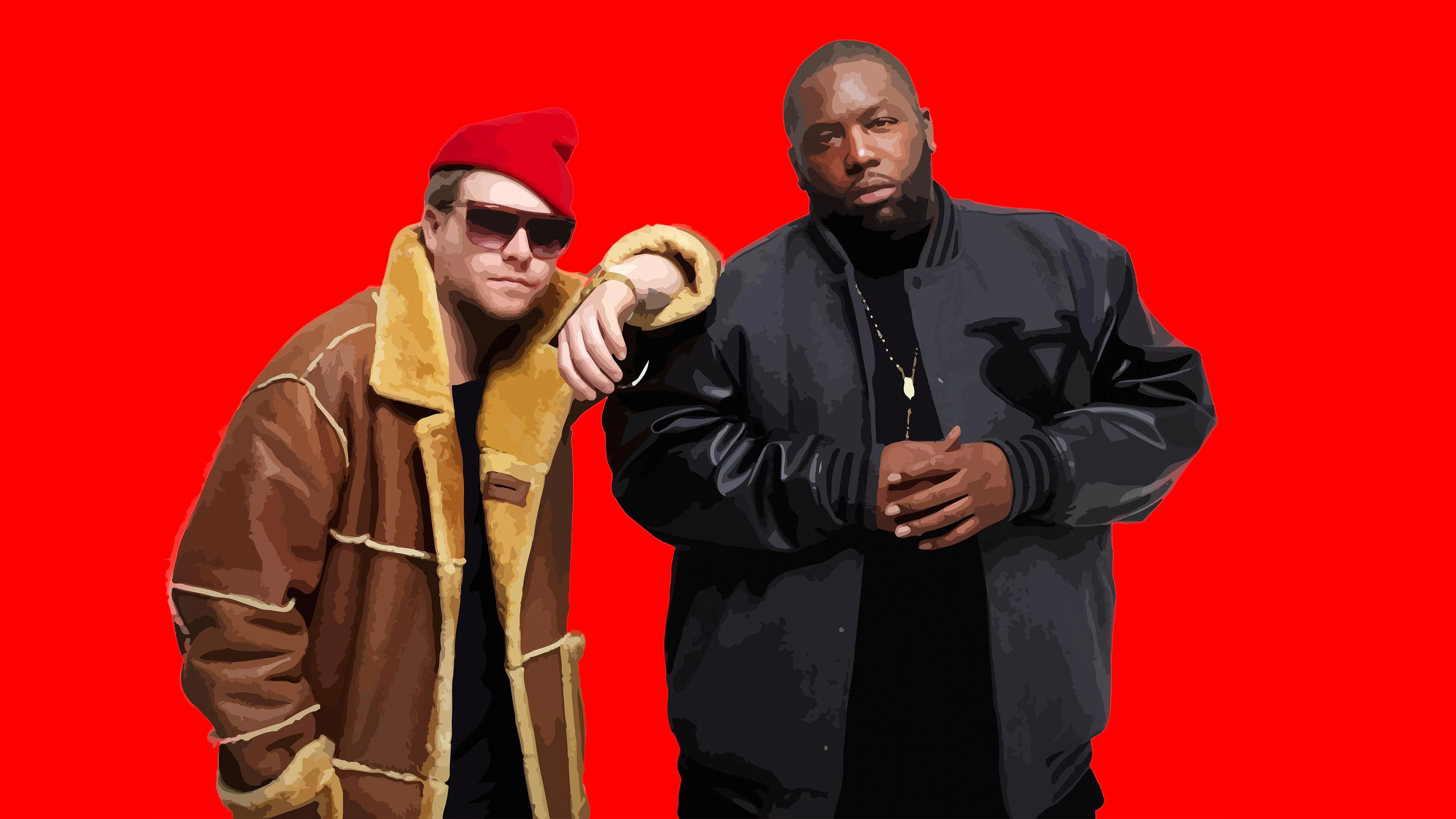How to develop a theory
So you’ve got a fascinating research question. You've narrowed it down to a workable puzzle. You’ve mined google scholar. You know the variation you want to explain. It's time to confront the task that freaks most aspiring academics out: to turn from a consumer to a producer of knowledge.
You need to develop a theory.
Theory in the social sciences is not some mystical dark art. At its core, it’s about crafting a clear, reasoned, and precise explanation for why something happens the way it does.

Let’s walk through the process, with tips drawn from academic wisdom, practical experience, and some inspiration of the best rap duo of the 21st century.
What Is a Theory, Really?
At its best, a social science theory is not just a big idea. It’s a structured answer to a research question.
“A social science theory is a reasoned and precise speculation about the answer to a research question.” — King, Keohane, and Verba (1994)
In short:
Laws describe patterns; Theories explain why those patterns occur.
Consider the Democratic Peace Theory. It often gets shorthanded for democracies do not fight each other. That's an empirical prediction, a hypothesis that can has been tested. It becomes a theory when you bring in the logics for why democracies don't fight each other. What democratic leaders care about, what their options to get there are, and how they choose between them.
Strategy 1: Start with Assumptions (Yes, Really)
Good theorizing requires assumptions.
Why? Because assumptions define the boundaries of your framework. They simplify the world just enough to make analysis possible.
Tips:
Even if they seem basic, spell out your assumptions,.
More assumptions are usually better than too few (within reason).
Treat them as analytical tools, not empirical claims.
Example: “If we assume that states primarily act to preserve their own security…” — this doesn’t mean you believe that is the case in every instance and moment of history, but it sets the stage for a coherent model.
Strategy 2: Know the Literature
Theory is never built in a vacuum.
You need to know what’s already been said about your topic—not just to avoid duplication, but to understand where you can intervene.
What to look for:
What explanations dominate your field?
Where have others failed or fallen short?
Which debates are still unresolved?
This helps you position your theory in relation to existing work—filling gaps, challenging assumptions, or reframing the conversation entirely.
Strategy 3: Be Intellectually Flexible
Theorizing is not a one-and-done process. The best theorists revise, adapt, and rethink as they go.
Sometimes, the theory you want to write isn't the one your evidence or puzzle supports. That’s okay. Adjust.
Common traps:
Getting wedded to an “-ism” (e.g. realism, constructivism).
Refusing to revise a pet hypothesis.
Letting ideology cloud your analysis.
Remember: Your goal isn’t to write something you like—it’s to write something that makes sense. Hopefully those correlate, but the most interesting research often comes from contradictions.
Strategy 4: Start With the Case, Not the Theory
While we preach deductive theory-building (start with the theory, test it with evidence), many of the best insights come from what’s called abduction.
That means:
Start with the puzzle in the real world.
Dig deep into the empirical details.
Build a theory from the ground up.
This isn’t sloppy—it’s rigorous, grounded, and often more innovative.
Dive deep into the case you want to know, and figure out the micro really well. Then see how much you can extrapolate.
If you’re obsessed with a particular case or event, start there and build out.
As long as you aren't only testing your theory on your one case-obsession, you are still doing effective social science.
Strategy 5: Steal Like a Scholar
Academia is a conversation—and sometimes the best theories come from borrowing ideas from unexpected places.
Don’t be afraid to:
Adapt theories used in other empirical domains.
Borrow models from other disciplines (econ, sociology, psychology).
Remix old ideas in new ways (with attribution, of course).
Some of the most exciting work in fields like International Political Economy (IPE) has come from importing ideas from 1990s neoclassical economics, organizational sociology, or behavioral science.
In the words of Killer Mike: “Lie, cheat, steal, kill. Win, win.” (Or in academic terms: borrow, cite, reframe, publish.)
🎯 Final Thoughts: What Makes a Theory Work? A solid theory in the social sciences should:
Answer a clearly defined research question.
Explain variation in outcomes across space or time.
Be grounded in the literature but offer something new.
Have explicit assumptions and logical reasoning.
Be testable, even if it’s primarily interpretive.
You don’t need to write the next grand theory of everything. Your goal is to build a framework that makes sense of your specific puzzle—and helps others see it more clearly, too. Hopefully, your theoretical insights travel to other empirical domains as well.